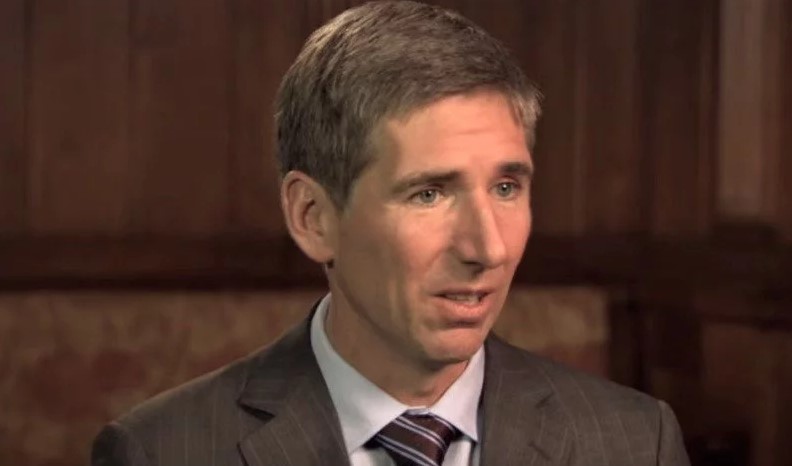
The bitcoin bull market was a bubble that burst in 2018, but the “painful” event had a major upside: It attracted a lot of money and talent to the burgeoning industry. That’s the assessment of Matt Hougan, the global head of research at Bitwise, creator of the world’s first cryptocurrency index fund.
“It was a massive run-up and a massive pullback,” Hougan told Bloomberg’s Barry Ritholtz on his podcast. “[It was a] total bubble.”
While financial “bubbles” understandably carry a negative connotation, Hougan says the bitcoin bubble fueled intense media interest in blockchain and the crypto market.
Moreover, soaring crypto prices lured a tremendous talent pool to the industry that it otherwise might not have wooed but for the spectacular daily headlines in 2017.
HOUGAN: BITCOIN BUBBLE RESEMBLES TECH BUBBLE
In this sense, Hougan says the bitcoin bubble is not dissimilar to the Internet bubble of 1996 to 2001, which imparted similar collateral benefits to the then-nascent tech industry.
“It did the same thing that happened with the Internet, which is it attracted a huge amount of talent. It did bring a lot of capital and interest in development to the ecosystem.”
“So, I do think interesting things will be born from that. But, yes, it was a difficult year in 2018.”
“I think [bitcoin] is the next dotcom. Remember, the dotcom bubble created Pets.com, but it also created Amazon.”
Hougan also says that 95% of cryptocurrencies that exist today will crater into extinction ― and that’s a good thing for the market.
“There are 2,000 cryptocurrencies out there; 95 percent of them are useless and will die a painful death. The sooner that happens, the better.”
“But from those ‘ashes,’ will merge important things. Just like from the dotcom ashes emerged Amazon, Google, and Facebook, etc.”
So basically, Hougan says it’s important for the crypto market to purge all the sham virtual currencies so that the worthy ones can survive and thrive.
BITCOIN IS THE NEW MILLENNIAL GOLD
Hougan also says bitcoin is the millennial generation’s version of gold. He pointed to recent surveys showing that millennials (individuals born from 1981 to 1996) have a favorable view of cryptocurrencies compared to baby boomers (people born between 1946 and 1964).
“Every generation has an asset that they love or a way of getting exposure that they love.”
“The Greatest Generation love gold, then people loved active mutual funds. Gen X loved hedge funds. Millennials love crypto.”
Hougan attributes this to the decentralized nature of crypto, which cuts out the middle man. He believes that’s particularly appealing to the younger generation.
Hougan’s optimistic view of millennials is a stark contrast to that of CNBC analyst Scott Nations, who says millennials are too stupid to realize that bitcoin is a bubble they should avoid like the plague.
MATT HOUGAN: DON’T LOSE PERSPECTIVE
As for the crypto market’s wild daily price swings, Hougan noted that established corporate juggernauts like Amazon, Apple, and GE have all weathered massive stock market fluctuations on their rise to the top.
Accordingly, he doesn’t pay too much attention to the constant media hype that bitcoin is dead. He says all this cyclical lurching is part for the course, so everyone needs to calm down.
“Bitcoin’s gone through six or seven, 70 percent-plus drawdowns in the past. And each of those has set the stage for a new rally.”
“I’m not saying that will necessarily happen here, but it’s down 70 percent. It’s up 300 percent over last two years. So it depends on your perspective.”
INSTITUTIONAL INVESTMENTS WILL COME
Like bitcoin bull Mike Novogratz, Matt Hougan is confident that institutional money will eventually pour into the market; it’s just a matter of time.
To buttress this claim, Hougan noted that Fidelity is building up its blockchain unit to facilitate the mainstream adoption of crypto.
“Fidelity is hiring up to 150 people to build a way for institutional investors to buy crypto and store it with a name they trust. One of the greatest brand names in the future.”
“We know, we had conversations with 2,000 institutional and financial advisers last year. There is dramatic interest in crypto. They want good ways to get exposure.”
